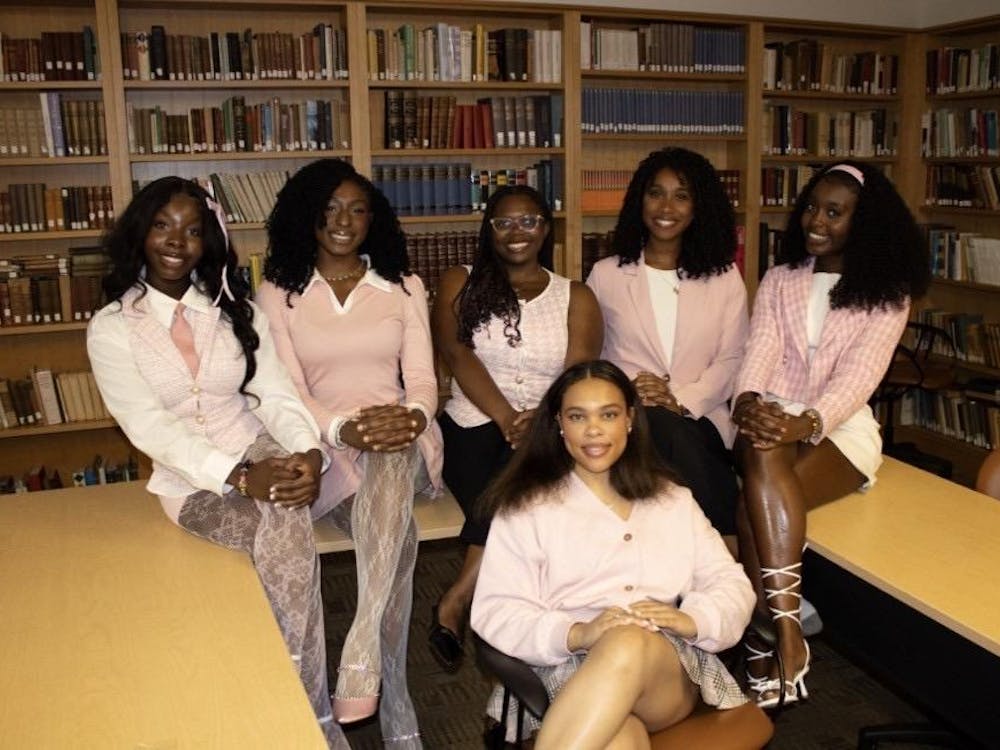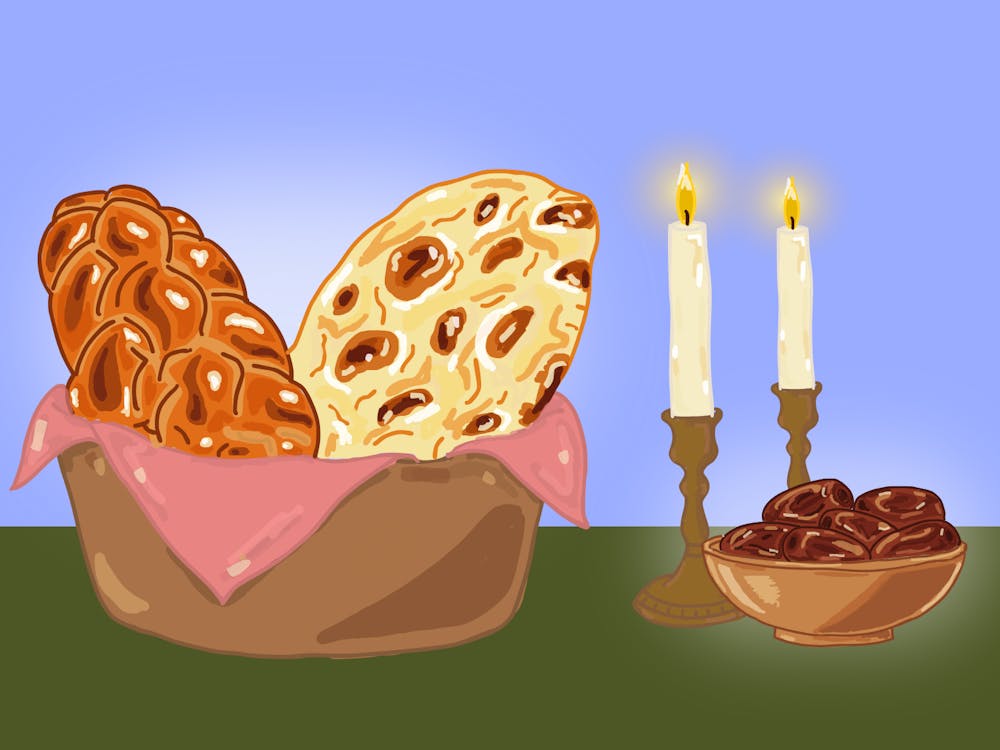Here it is, almost two weeks since the horrible events of Sept. 11, and it is my job to make the University laugh again. A week ago Letterman, Leno and other late night comedy shows were canceled. Most networks didn't air sitcoms. Online comedy sites posted old material, and many comedy clubs closed their doors. After a lot of soul searching, I have decided this may not be the time for a humor column, but that in no way means it is not a time to laugh.
I have, of course, been horrified and hurt by the tragedy America has just endured. Some of my friends lost people close to them, and I shared their sadness. Through all the tears and anguish I witnessed, there rarely was a smile or laugh. But it was those smiles that gave me hope.
It is those smiles that give us all hope and will see us through the sorrow.
Some people may argue that it is disrespectful to laugh at a time when thick grief fills the air. They might also say there is no reason to smile. I disagree for a simple reason.
Whenever people we care about pass away, pain follows. We cry because we feel their loss. However, we laugh and smile because of all we gained from them.
We should laugh as a tribute to the times they were there for us, to the times they made us forget our sorrows, to the times they made us laugh, and to how wonderful it is to have those memories.
When my grandfather died, my family and I were understandably hurt. At the funeral one of the speakers told us a funny story about him. Everybody in attendance laughed, despite having been crying only five seconds before. For me it had never felt so good to laugh as it did at that moment. It felt like everybody there, friends and family alike, were tied together through not only our pain but also our joy at having known such a wonderful man. One moment of laughter seemed to wipe away hours of grief.
At that moment I realized I may have lost a grandfather, but I gained unforgettable memories which will continue to make me smile and laugh my entire life.
Of course we should be sad. Whenever we lose somebody, there is a part of us that will always hurt. Yet, it's the part of us that wants to laugh which will keep us going in the long run. During terrible times like these past weeks, don't be afraid to laugh. Cherish your laughter and the laughter of others because it is a wonderful gift. Almost nothing relieves the pain of loss better than laughter.
Comedy also helps us avoid giving in to fear. When we are truly afraid, we are not laughing, and when we are laughing, we have been successful at pushing away the fear.
Following this sickening tragedy, when we laugh, we demonstrate that we will recover. Now when we laugh, we prove to those responsible for these horrible acts of evil that we refuse to let go of the hope and joy in our lives and in our hearts. Now when we laugh, we laugh for all those whose smiling faces we lost on Sept. 11. Now when we laugh, it means so much more than it did before.
So when is it time to laugh? I, for one, say it is always time. Our nation's sense of humor will return, though perhaps slowly at first. It will come back because it is a crucial part of our dignity, our strength, and our remembrance of those who have passed.
I am scheduled to perform stand-up comedy in a couple days, and I've been asking myself whether I can go through with it. My conclusion is a strong and resounding, "Yes." I want to make people laugh again, both for myself and for the audience. I want to put joy back in their hearts, even if it's only for a few minutes. I no longer take the laughter of others for granted. Now, when I make people laugh, I will understand that that laughter can be taken away in the blink of an eye or the flash of an explosion.
Charlie Chaplin once said, "A day without laughter is a day wasted." Despite the recent events that we will always remember, I believe his words have never rung more true.






